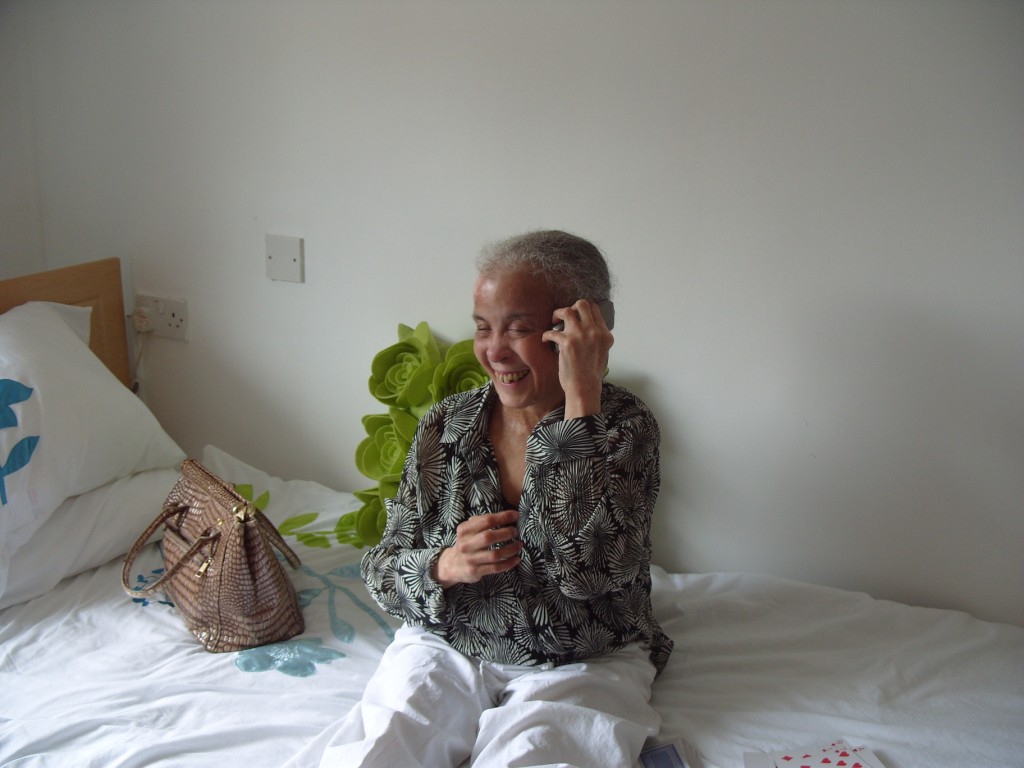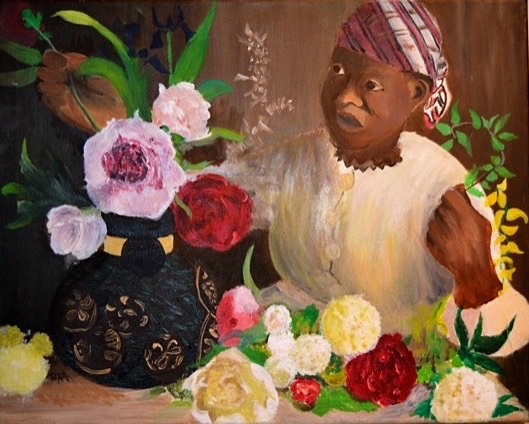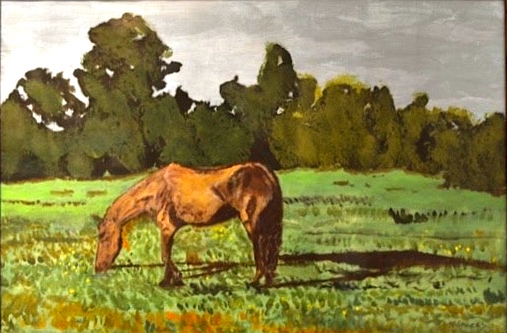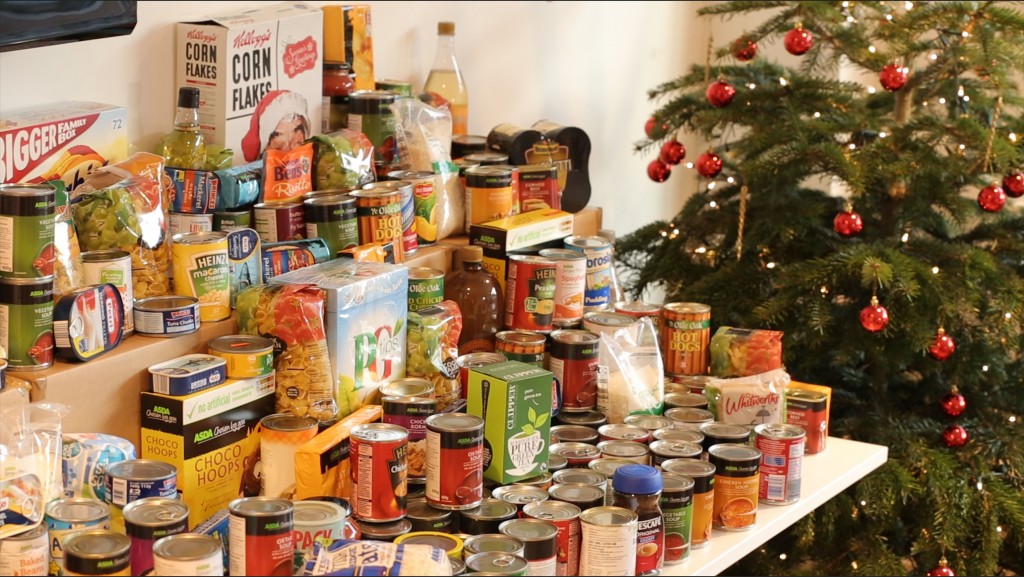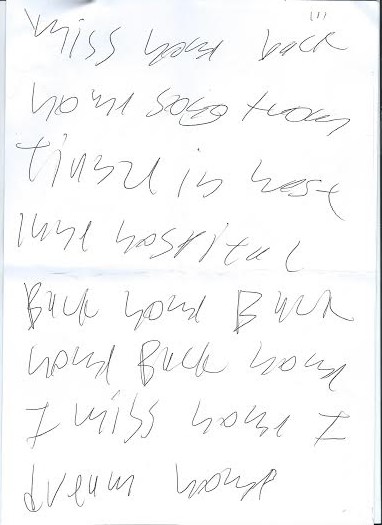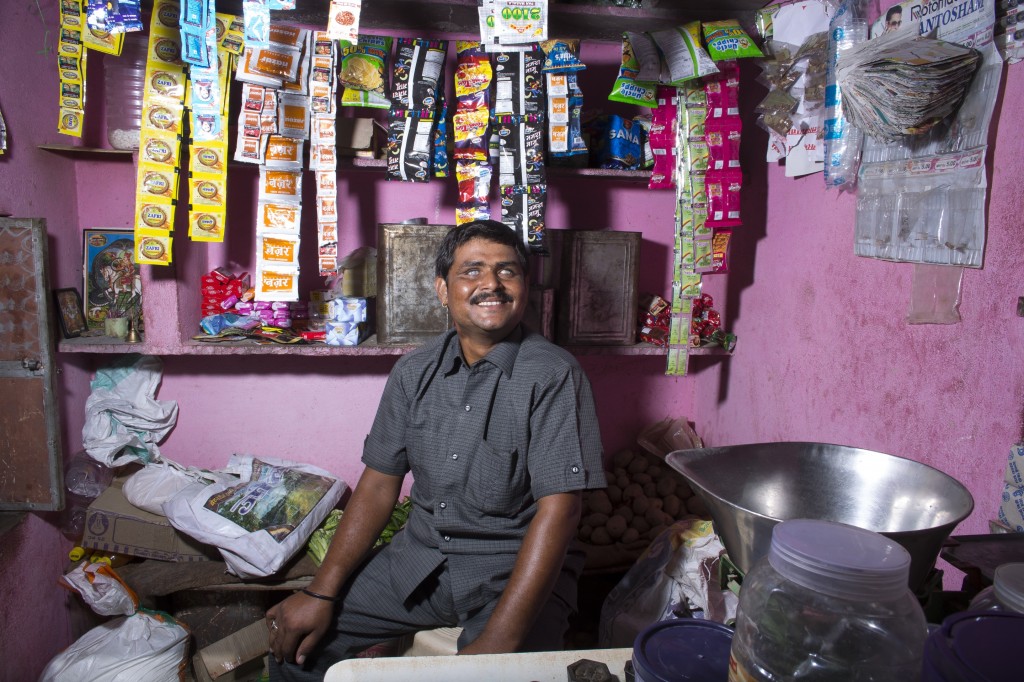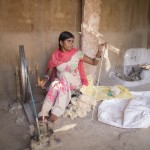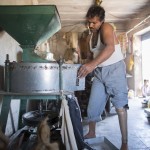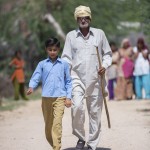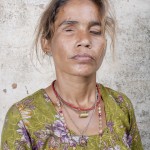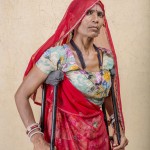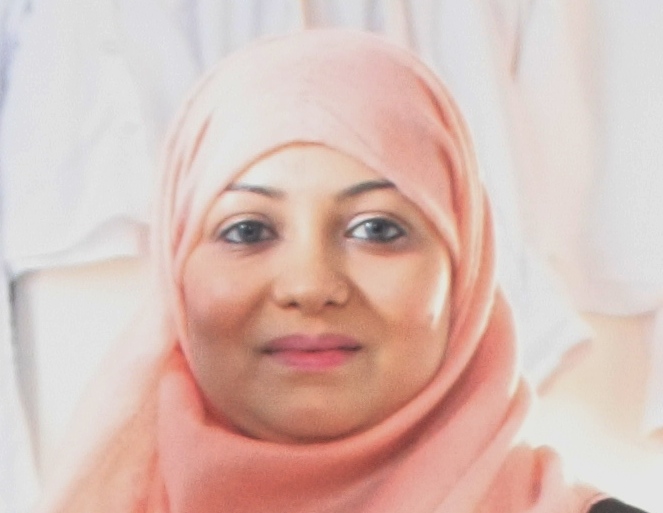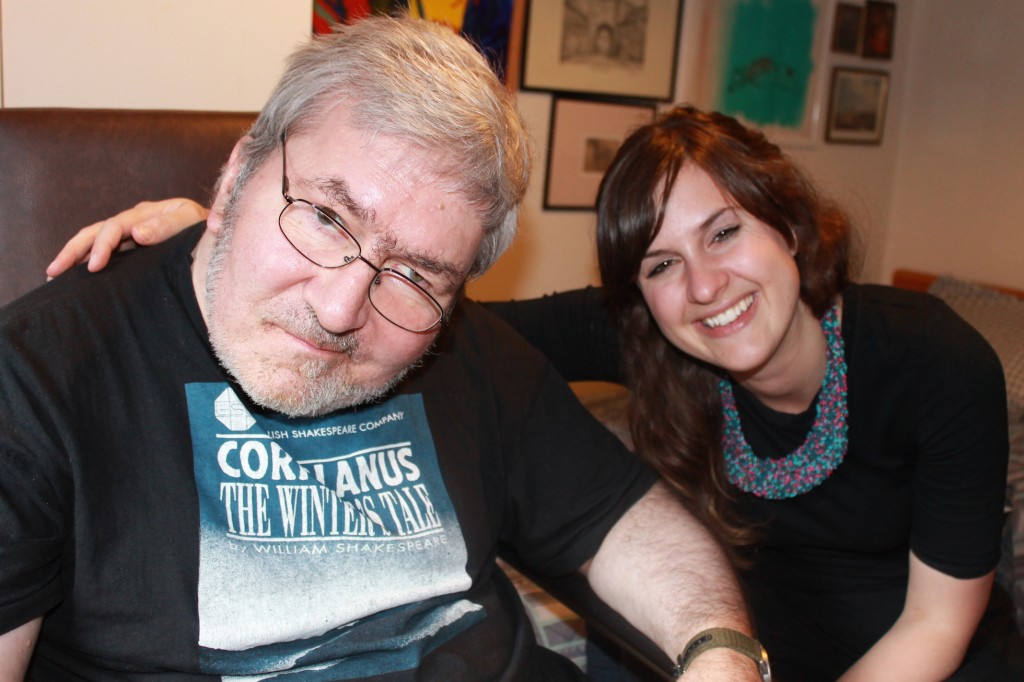We have just ‘celebrated’ World Mental Health day (10 October). I, and many like me, hope that as each year passes so does the stigma and discrimination of mental health. Stigma impacts like a disease – if left untreated, the result is devastating.
Attitudes are certainly changing around mental health, although slowly. As pointed out by Time to Change, the mental health campaign I’m involved in, perceptions are changing. The National Attitudes to Mental Illness survey shows that since 2011, an estimated two million people – or 4.8% of the population – have improved attitudes towards people with a mental illness.
In addition, the data suggests that more people are acknowledging they know someone with a mental health problem (64% in 2013 compared with 58% in 2009). However nearly half (49%) of respondents said they would feel uncomfortable talking to an employer about their own mental health.
Anti stigma work has taken up a large part of my life in psychiatric nursing. And, although it sometimes feels like two steps forward and one back (as the research quoted above hints), the long and winding journey is worth the taking and the rewards are for the benefit of everyone.
I have seen the impact of stigma. I have also felt it. I have seen the destruction it causes people who experience mental illness and their loved ones. This is the motivation for my work.
The recent news about the impact of isolation underlines the need for more work along these lines. Both young people and older folk are affected by severe loneliness.
These issues provided the context for a talk I organised in my childhood village in July, and which I blogged about on these pages.
My talk was about the stigma of mental health and aimed to promote Time To Change. I wanted to raise awareness of the insidious impact of stigma and its long-term damage, and explore how we can all make a difference to the lives of others through our daily interactions. I wanted my message to reach across the village and, more personally, make a mark in the place where I spent my childhood years.
For me going back to my former home, which I left almost 40 years ago, was quite an emotional occasion. It had been the culmination of a life long ambition, a seed borne in childhood that had finally flowered. In the dark corners of my mind has sat the repressed thoughts from childhood of my father’s mental health issues, and the attitudes of others at the time to this.
Assembled in the room of around 50 people were faces from my childhood, alongside faces of the present. An eclectic range of people and experiences, young and old. Friends and family sat beside strangers. I will always be very grateful for the efforts they made to attend and help me to achieve my ambition.
Social contact and interaction is a powerful weapon in challenging ignorance and the myths surrounding mental health. Breaking down the invisible barriers we put up and accepting people as people, rather than defining them by their mental health condition is critical. The two-hour event was informal and interactive thereby providing the ‘safe’ space for those who wished to be open and share their personal experiences, or the experiences of others they hold close.
I started with a mythbusting quiz about mental health to highlight the misconceptions that exist, then spoke about my work in mental health nursing, my anti-stigma initiatives, and also my own experience of depression. I covered my work in the media with the TV soap Emmerdale, advising on the award winning depression storyline of one of the main characters, Zak Dingle.
I stressed it was my hope to encourage the viewers to empathise with Zak’s plight, to see him as being vulnerable and a victim of his circumstances rather than a danger to others, and criminalized
To contrast with this I also explained my advisory role with the character Darrell Makepeace in BBC Radio 4 The Archers. This character had not been received positively by listeners because the producer had decided to criminalise this character. Despite this, I stressed this at the very least ensured people were talking about mental health.
It was a success. I was at pains to ensure it went well because it meant so much to me. I have delivered many talks and presentations previously to large and small audiences but this one was more personal.
Since that summer’s evening I have spoken to people to gauge how things went. Did it make a difference? Has it changed their views? Inspired them? Where do we go from here? The responses have enthused me.
I intend to arrange a follow up event to build on this and plant another seed for the future. A seed for the young people, some who, sadly, will inevitably grow up with the same experiences I had.
Hopefully there will be some changes in attitudes resulting from that evening. It might seem to many just a single, small event, but if it can change just a handful of attitudes and encourage people to talk about mental health, it will be a success. Change drips slowly, but it will come all the same. One day.
